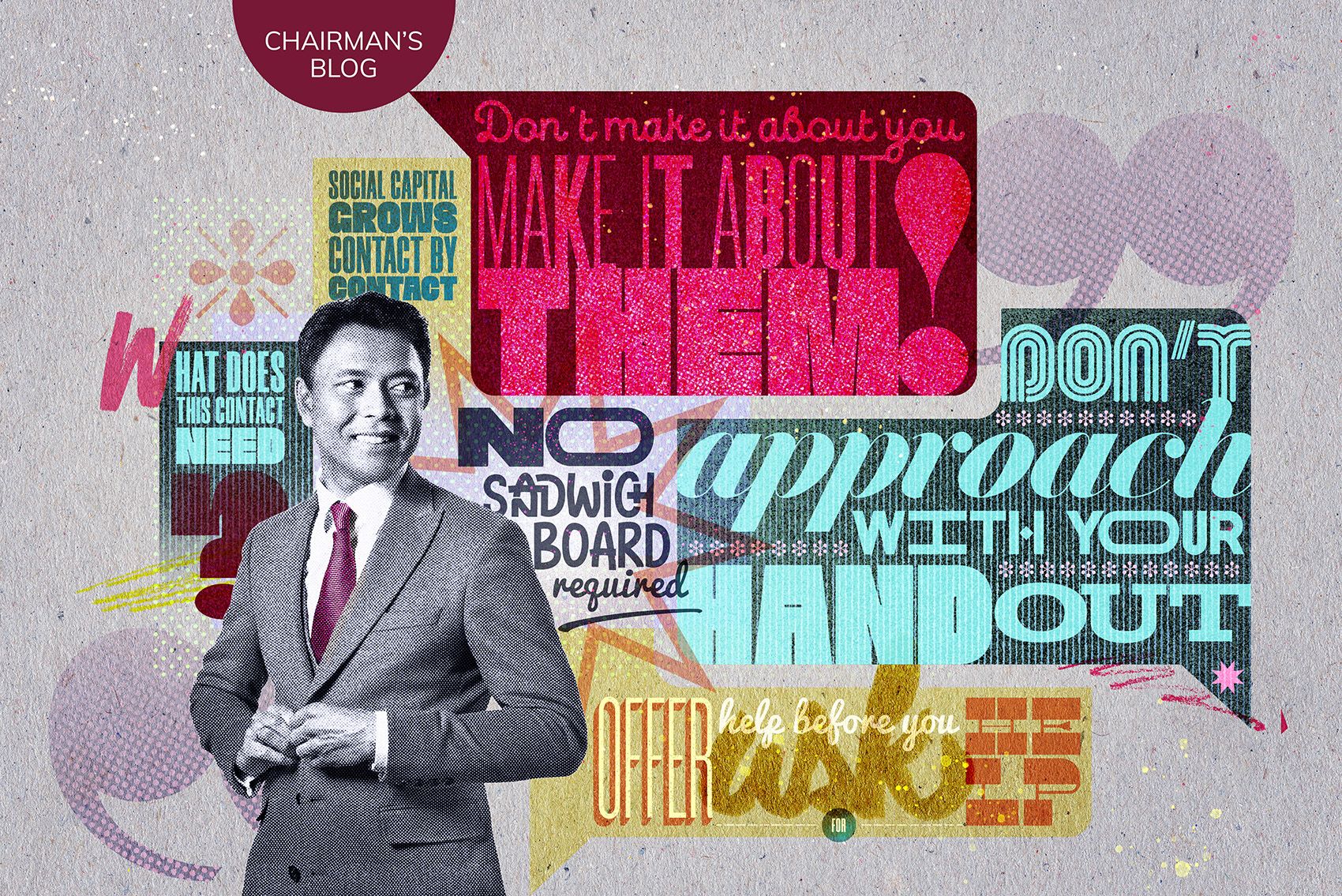
False Urgency Is Not Your Friend
We are wired biologically to react without thinking to situations we perceive as dangerous – the so-called “fight or flight” behavior. Without dragging the whole explanation out on the carpet (again), I tend to look to Daniel Goleman and his book, Emotional Intelligence, as a guide to this phenomenon. Apparently, in spite of our highly evolved frontal lobes, there is a trap door through the amygdala in the brain that still allows rapid, unthinking reaction in situations of perceived threat.
People who contact The Barrett Group looking for help with their careers also often exhibit this behavior. They think they must immediately do something about their careers or there will be dire consequences. Sometimes they are right, of course. But often they are suffering from a false sense of urgency that compels them to behave in ways that are not in their best interest.
A false sense of urgency compels people to behave in ways that are not always in their best interest. |
For example, I can certainly remember when I was unemployed at one point or another in my career. I essentially spammed my contacts with a cry for help in the form of an email or LinkedIn message. I would tell people I was looking for a job and ask for their help. On the surface, this seems perfectly logical or at least emotionally valid. It is, however, extremely unhelpful in terms of progressing your career. My colleague Dan Resendes calls this the equivalent of walking around downtown wearing a sandwich board reading “I’m a loser. Help me.”
Instead, it is necessary to exercise some patience and even altruism in reaching out to new contacts or friends and confidants under these circumstances. Take some time. Explore their own backgrounds, for example, on LinkedIn. Consider what points you might have in common or what aspects of their past achievements might particularly interest you. Use those highly evolved frontal lobes to consider what these contacts might need, want, or benefit from that you could potentially provide.
For example, you might share:
- Contacts in a company or industry
- Practical advice in a particular situation
- A book or blog you think they might appreciate
Approach them with this in mind—not with your hand out.
Every day I am approached on LinkedIn by people who think that because I have accepted their connection request they have the right to try to sell me something. As you no doubt already know, this is generally an instant turn-off. Remember the sandwich board.
At The Barrett Group, we teach our clients how to tame their false urgency. |
At The Barrett Group, we teach our clients how to tame their false urgency. We guide them, instead, to extend their network gradually and gently. To pay it forward as they go by offering help, support, and useful input up front without thought of reciprocity. Even so, you cannot reasonably expect everyone to react to your every contact request or offer of assistance. But some people will. And these are the gems that you must mine to grow your network and eventually connect with the people who will help you find that next job, or achieve whatever objective you are pursuing.
This phenomenon is the soul of the unpublished market—where 75% of Barrett Group clients land.
You cannot know about unpublished opportunities because they are unpublished. Sometimes they are only half-formed in the mind of the eventual employer. And only through interacting can you ultimately help that half-formed idea turn into an opportunity and perhaps a job.
Imagine, for example, that you have been tasked with opening up a new market in which you have little experience. You know your product and/or service inside-out. But you do not know anything about this new market to which you are supposed to introduce the product. Then, by chance, someone pops up on your radar with experience in that market and a strong record of success. What do you do? You grab your good fortune and run with it by reaching out to that person. You vet him or her and, ultimately if everything falls into place, you might offer him or her a job to help you enter that new market.
You cannot know about unpublished opportunities because they are unpublished. |
This is exactly what happened to our client, Kia Banisadre, whose sales expertise in the healthcare field was exactly what a former colleague wanted to take advantage of a market opportunity in the veterinary field. And, in fact, this is exactly what happened to me some years ago when my experience in one market made instant sense to someone who wanted to enter that market.
These are perfect examples of how the concept of paying it forward and building your social capital, contact by contact, will help you crack the unpublished market much more effectively than giving in to your sense of false urgency.
So take a deep breath. Consider whether that sense of urgency you feel is real or false. If you are looking for a job, hire someone who knows how to channel your energy productively and not waste it on a self-defeating sandwich board. Hire The Barrett Group.
We have now helped more than 40 executives land the jobs of their choice so far this quarter. We can help you, too, if you overcome that sense of false urgency and are ready to do the necessary work to succeed. Let’s talk.
Peter Irish, Chairman
The Barrett Group












